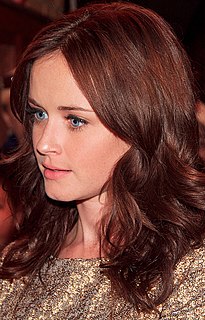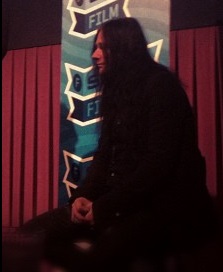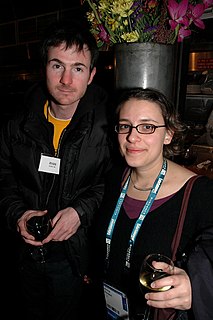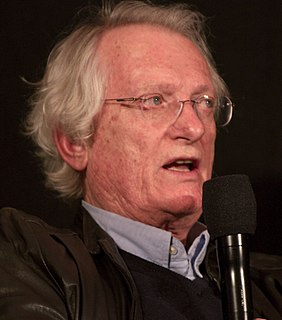A Quote by Todd Haynes
'Carol' takes place in the really early '50s, before Eisenhower has taken office. It's based on a Patricia Highsmith novel, her second and most autobiographical book and the only one outside of the crime milieu.
Related Quotes
'The Handmaid's Tale' takes place in the near future, a dystopian future, and is based on the book by Margaret Atwood. It takes place in what was formerly part of the United States at a period of time when society has been taken over by a totalitarian theocracy. It's about the women who live in subjugation.
Whatseems to take place outside ideology (to be precise, in the street), in reality takes place in ideology. What really takes place in ideology seems therefore to take place outside it. That is why those who are in ideology believe themselves by definition outside ideology: one of the effects of ideology is the practical denegation of the ideological character of ideology by ideology: ideology never says, 'I am ideological.'
In creating the strange milieu in which your story takes place, you must first understand as well as you possibly can the familiar milieu in which your own life is taking place. Until you have examined and comprehended the world around you, you can't possibly create a complex and believable imaginary world.
Photography, precisely because it can only be produced in the present and because it is based on what exists objectively before the camera, takes its place as the most satisfactory medium for registering objective life in all its aspects, and from this comes its documental value. If to this is added sensibility and understanding and, above all, a clear orientation as to the place it should have in the field of historical development, I believe that the result is something worthy of a place in social production, to which we should all contribute.
The best crime stories are always about the crime and its consequences - you know, 'Crime And Punishment' is the classic. Where you have the crime, and its consequences are the story, but considering the crime and the consequences makes you think about the society in which the crime takes place, if you see what I mean.






































